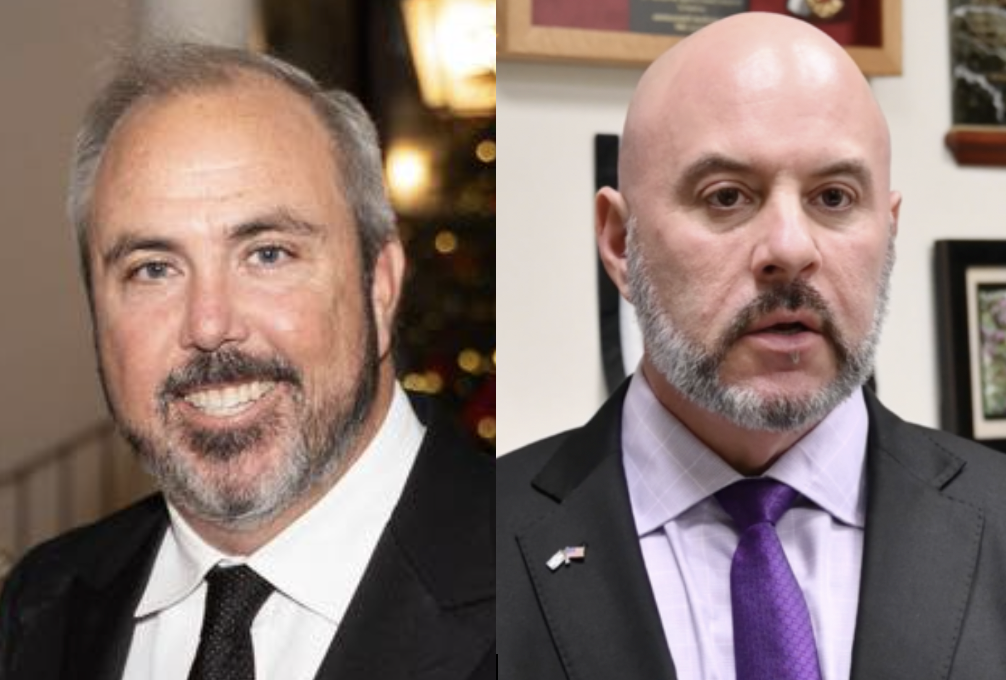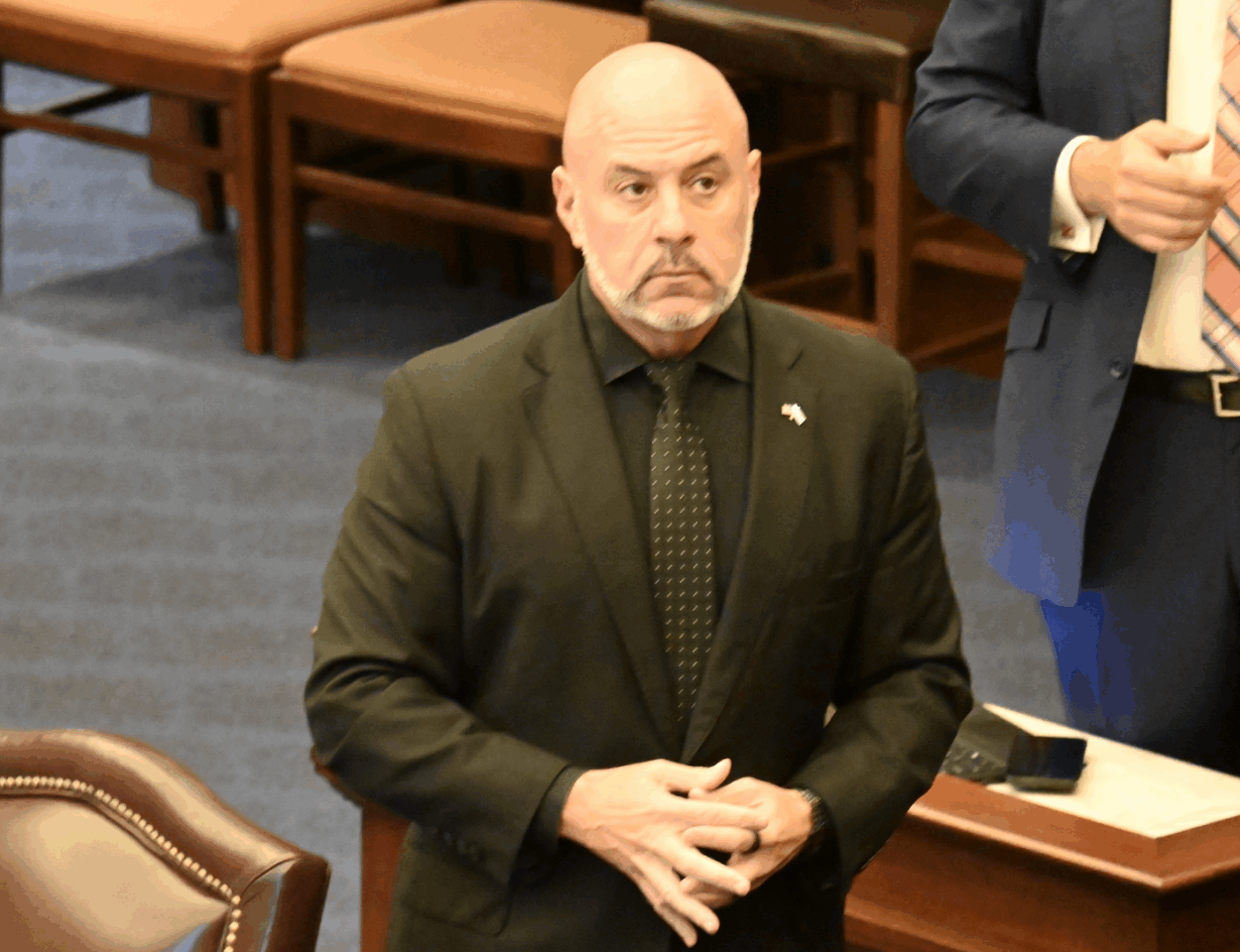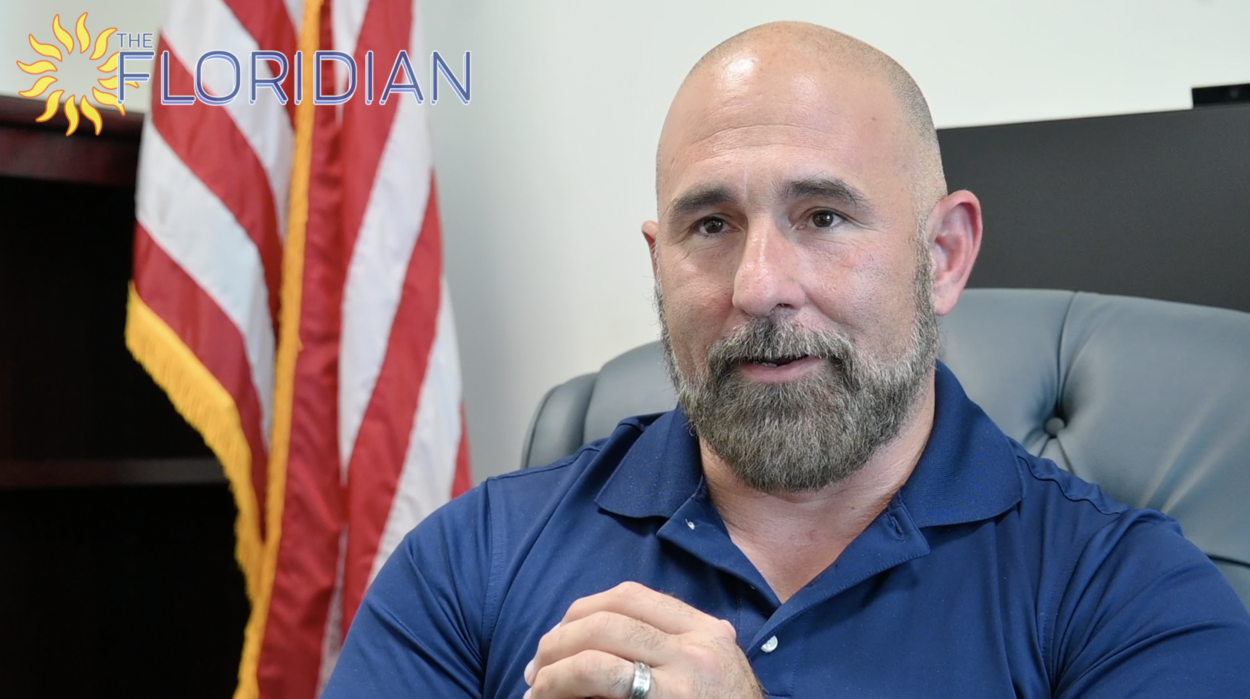Governor and presidential candidate Ron DeSantis (R-FL) spoke at a campaign event in Hawkeye State just weeks before the Iowa Caucuses, where he spoke on the idea of "draining the swamp" and limiting the sluggishness of the bureaucracy in the federal government.
Specifically, the Florida governor brought up the prospect of Article II, Section 2 of the Constitution which gives the President of the United States the ability to fire government employees.
"Well, look, so you have Article II power, people say all this stuff, here's the thing: firing people for cause is inherent in Article II. Yes, there'll be litigation over it, but I think we would win on this stuff, and I think that Presidents have not been willing to use Article II power. We're going to use it to be able to shape this bureaucracy in a way that is going to be accountable to the American people," said Gov. DeSantis.
So what does the Constitution say exactly? It says this:
"He shall have power, by and with the advice and consent of the Senate, to make treaties, provided two-thirds of the Senators present concur; and he shall nominate, and by and with the advice and consent of the Senate, shall appoint ambassadors, other public ministers and consuls, judges of the Supreme Court, and all other officers of the United States, whose appointments are not herein otherwise provided for, and which shall be established by law: but the Congress may by law vest the appointment of such inferior officers, as they think proper, in the President alone, in the courts of law, or in the heads of departments." - Article II, Section II
With this in mind, The National Constitution Center provided some interpretations by Constitutional law professors who believe that this issue has already been pretty much settled.
“Those cases do not determine, however, whether Congress may limit the President’s own removal power, for example, by conditioning an officer’s removal on some level of ‘good cause.’ The Supreme Court first gave an affirmative answer to that question in Humphrey’s Executor v. United States(1935), which limited the President’s discretion in discharging members of the Federal Trade Commission to cases of “inefficiency, neglect of duty, or malfeasance in office.’” - Professors John O. McGinnis and Peter M. Shane
Should Gov. DeSantis reside in the White House, he has a case and, more importantly, precedent, to possibly significantly reduce the number of federal employees in Washington D.C.












